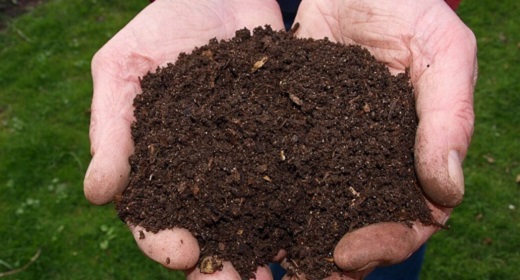by Valerie Fridland Ph.D: The history of thanking teaches us some surprising things about gratitude.
 The American Thanksgiving was legislated as a national holiday in 1870, though a day of giving thanks had been proclaimed by the nation’s first President, George Washington, and similar feast days were celebrated by colonial settlers even earlier. Today Americans celebrate the day as secular holiday, but the first thanksgivings often included prayer and gratitude for good fortune, a meaning of ‘thanks’ that seems to harken back to Old English.
The American Thanksgiving was legislated as a national holiday in 1870, though a day of giving thanks had been proclaimed by the nation’s first President, George Washington, and similar feast days were celebrated by colonial settlers even earlier. Today Americans celebrate the day as secular holiday, but the first thanksgivings often included prayer and gratitude for good fortune, a meaning of ‘thanks’ that seems to harken back to Old English.
A Word for Your Thoughts
While the expression ‘thank you’ doesn’t appear until about the 14th century, the word ‘thank’ has been around since the earliest days of English. We find it written as thanc in religious works and historical chronicles dating back to the eighth century.
Intriguingly, during this period, thanc also meant ‘thought,’ as it is descended from the ancient Indo-European word tong, meaning think or feel. Thanc’s shift from thinking to thanking seems to have come from the type of thinking involved: Having favorable thoughts or feelings toward someone, which developed into gratitude.

About whom did Old English speakers tend to have these favorable thoughts? Most often, about God. Some of the earliest uses of the word in this manner are from gospels and religious works. Even in secular texts such as Beowulf, God, as opposed to an individual is a frequent object of thanking.
In early English culture, polite behavior as we understand it today was not yet a concept. During the time of the Angles, Saxons and Jutes, it was one’s duty to perform the service of one’s rank and station and to offer aid and protection to those within your group. Instead of expressing social niceties, excessive boasting of one’s feats as a warrior did much more to enhance one’s image.
We find evidence from literature during this period that paying heed to one’s place in that social order – by using routinized address terms for one’s kin, lord or nobles, for instance – was important, but worrying about coming off as rude less so. Old English society functioned not because people did what they liked or flattered each other, but because people did as they must and as they believed God’s will commanded.
The Arrival of “Courtesy Culture” and its Impact on English
In a word, society. The coming of the Normans in 1066 brought with it massive social change. Not only did the court shift toward using Norman French, but, over time, French courtesy culture became an important part of Anglo-Norman society and, with it, a more recognizable language of politeness. In fact, it is from French that these very words (courtesy and politeness) enter English.
In the Elizabethan period, thanking is easily located in literary sources from Marlowe to Jonson to Shakespeare, though generally not in the shortened form preferred today (e.g., thank you), but instead in full sentential glory: I thank you/thee. During this period, thanking often occurred with displays of deference that alluded to social rank, such as the use of titles (I thank you, your ladyship). And, once we hit the 18th century, expressing gratitude, along with other types of polite speech such as greetings and complimenting, was integral to showing that one was of the right class and breeding.
Just a simple thank you
Though the simplified gratitude expression ‘thank you’ as well as ‘thanks’ can be found in use as far back as the 14th century, it seems that the statement did not become the routine stand-alone go-to until well after the act of thanking had become requisite. We don’t see it widely used in its abbreviated form until the 19th century, when thanking everyone, not just upper crust peers or betters, was more common. By the time that happened, its meaning also became more ritualistic, and so a shortened form was as inevitable as needing a nap after a big turkey dinner.
Onward to thanks-giving
Given that the word ‘thank’ evolved from an ancient word for thought, it leaves us a linguistic reminder that gratitude starts in the mind, not in the mouth. Its evolution is also a lesson that we have all become worthy of gratitude, no matter who we are.
Whether one says I thank thee, thank you, or just simply thanks, Thanksgiving gives us a day to be grateful regardless of how we say it.








































